China and India, currently the two most widely discussed countries of Asia are considered to be the wings of Asian economic take off. The first one is a country with plenty of economic opportunities for the developed countries, who try to maximize exports to China and invest massively in it. nevertheless, it has recently become the country most feared by Western governments, since its overwhelming industrial exports already seem to flood the corresponding markets of the US and EU, thus limiting internal creation of industrial employment in the west. With a certain delay, India has recently begun to attract attention, mainly due to the shooting up of its exports of IT services, while its current economic position seems to be as promising as that of China in the first half of the ‘90s. Recent long term econometric projections point out that these two countries, which have today a potential growth capacity as no other country has had in history, could, in half a century, be at the top of economic and political power alongside the US. Alternatively, other approaches focusing on the low levels of their micro-welfare indicators as well as on their internal political problems (Such as the pending transit to democracy in China and the possible arrest or cooling down of reforms in India) predict difficult times ahead for the continuation of their currently high GDP growth rates. After portraying the economic and political evolution of China and India-an exercise that enables to detect the unsolved problems of these two countries-the authors discuss not only the economic bottlenecks they have, but also the internal and external political problems which China and India will have to address in order to emerge as global powers. In this context, the authors believe that China and India-nations that shelter more than one-third of the world population-will probably co-operate in the economic and political spheres so as to complete their catching up processes. Otherwise, the currently powerful nations-potential losers at this stage of the global economic game-will arrest or weaken their trajectories towards global economic supremacy.
Understanding Global Economic Change and the Future of the Global Society
This book attempts at ...
$61.20
$68.00

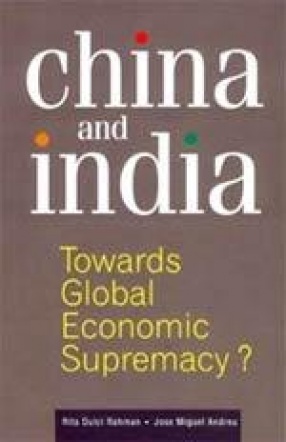
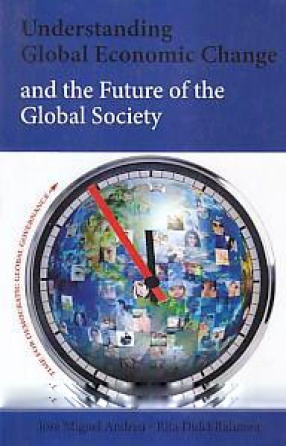
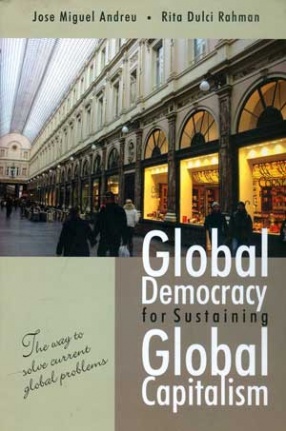
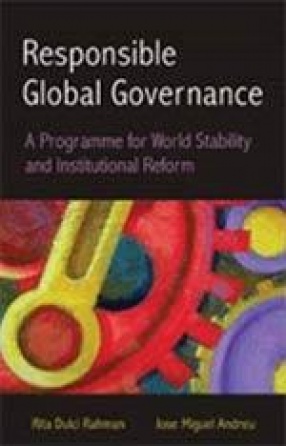
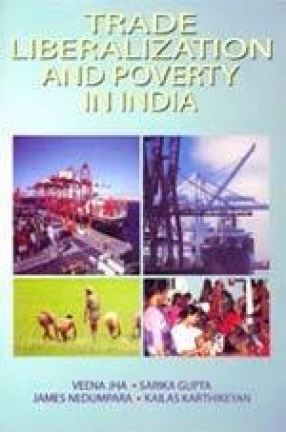

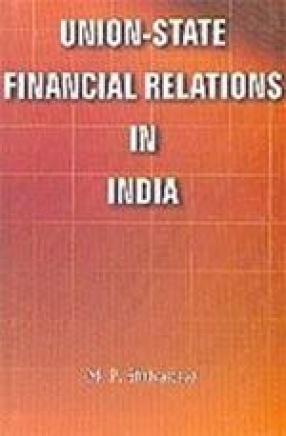
There are no reviews yet.